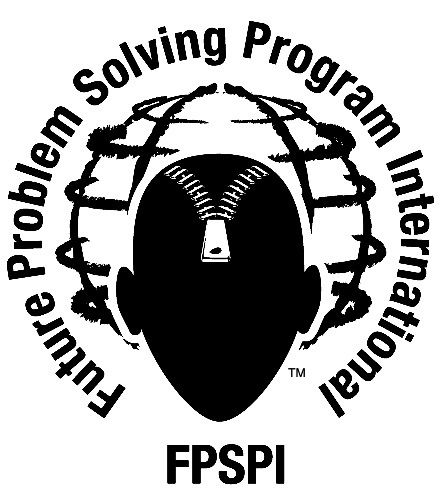Ames hosts Future Problem Solving Program international conference

Iowa State hosted the Future Problem Solving Program’s international conference June 10 thru June 14.
June 16, 2015
Hilton Coliseum’s floor was packed with hundreds of students, more than a dozen flags, a stage, a grand piano and a person in an otter suit.
Iowa State played host to the Future Problem Solving Program’s international conference from June 10 to June 14. The program intends to develop young peoples’ abilities to use critical and creative thinking to solve problems in their community.
Founded in 1974 by E. Paul Torrance, FPSPI now involves thousands of students from countries across the globe, including Portugal, India, China, the United States and New Zealand.
Students in the program have helped solve a wide range of problems in their community, from wildlife conservation to getting girls interested in science and engineering.
Nilhan Kutlu of Turkey’s Sinav College worked on Project MIND, a campaign to increase awareness for Alzheimer’s disease.
“There weren’t any care centers in Turkey in our environment,” Kutlu said. “People in Turkey knew nothing about Alzheimer’s disease.”
Her team held charity sales, made television appearances and even tried to create their own Alzheimer’s care center.
Another FPSPI group from Sydney, Australia, focused on changing the language used to talk about children seeking asylum in the country.
“Words like ‘illegal’ or ‘broke people’ dehumanize asylum seekers and make them seem as if they’re threats to Australian security, when they’re actually not,” said project organizer Emma Tolhurst.
In order to engage with their community, the group organized a student letter-writing campaign that sent letters of support to asylum seekers and letters of protest to politicians.
“We got about a hundred responses from asylum seekers, and some students were so engaged that they wrote five-page letters,” Tolhurst said.
The team also produced educational videos, designed art posters and put on assemblies for primary schools.
A team from Florida helped students build stress-relief strategies to help students stay calm in the face of a new standardized test.
“The teachers didn’t have anything to go off of, so we held classes during lunch to help students better understand what they’re learning,” said project contributor Sharon Gardner.
She said 89 percent of students saw improvement with their stress levels.
Teams in attendance learn from each others’ strategies and successes.
“Everyone’s so nice and we’ve learned so much, it’s a really good experience being here. Learning about other cultures and their lives is really valuable,” said Andrew Caldwell of Athens, Ga.
Clare Wisler, also of Athens, said some of the issues people face in their own communities are so different from what’s in ours.
The students also build friendships with each other.
“I’m glad we get to meet a lot of new people. Especially the Australians. I love their accents,” Gardner joked.






